Climate warming may affect tomato pest
 Like other living organisms, insects have adapted to the climatic conditions to which they were exposed throughout their evolutionary process. Rapid changes in climatic conditions can generate significant changes in the population growth of insects, with potential ecological, health, and economic consequences. In the case of agricultural pests, greater population growth can lead to more severe damage to crops.
Like other living organisms, insects have adapted to the climatic conditions to which they were exposed throughout their evolutionary process. Rapid changes in climatic conditions can generate significant changes in the population growth of insects, with potential ecological, health, and economic consequences. In the case of agricultural pests, greater population growth can lead to more severe damage to crops.
 Our group published a paper in the journal Bulletin of Entomological Research that investigated how the small tomato borer, Neoleucinodes elegantalis responds to variations in temperature and applied that knowledge to predict how global warming might influence the annual number of generations of this pest in southern Brazil. Our models predicted that most of southern Brazil will experience an increase in the number of generations of the small tomato borer, especially the colder regions comprising the highest altitude areas in the mountainous mesoregion of Santa Catarina and in northern Rio Grande do Sul. In such regions, the increase in the number of generations can be up to 37%. Our findings have important implications for the knowledge of the possible vulnerabilities of the agricultural sector due to climate change.
Our group published a paper in the journal Bulletin of Entomological Research that investigated how the small tomato borer, Neoleucinodes elegantalis responds to variations in temperature and applied that knowledge to predict how global warming might influence the annual number of generations of this pest in southern Brazil. Our models predicted that most of southern Brazil will experience an increase in the number of generations of the small tomato borer, especially the colder regions comprising the highest altitude areas in the mountainous mesoregion of Santa Catarina and in northern Rio Grande do Sul. In such regions, the increase in the number of generations can be up to 37%. Our findings have important implications for the knowledge of the possible vulnerabilities of the agricultural sector due to climate change.
The paper entitled “Selection of models to describe the temperature-dependent development of Neoleucinodes elegantalis (Lepidoptera: Crambidae) and its application to predicting the species voltinism under future climate conditions” was carried out by the agronomy student Hevellyn Talissa dos Santos as part of its scientific initiation studies. The full paper can be accessed in this link.
Soon more updates on the studies carried out by our group!

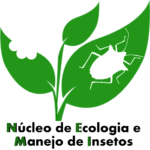





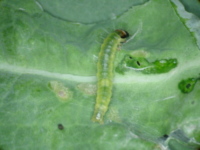
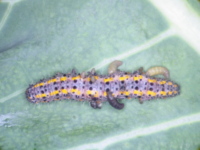
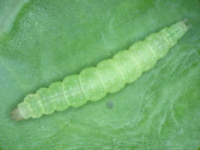
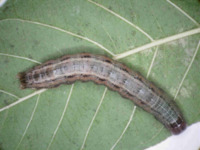
Comments